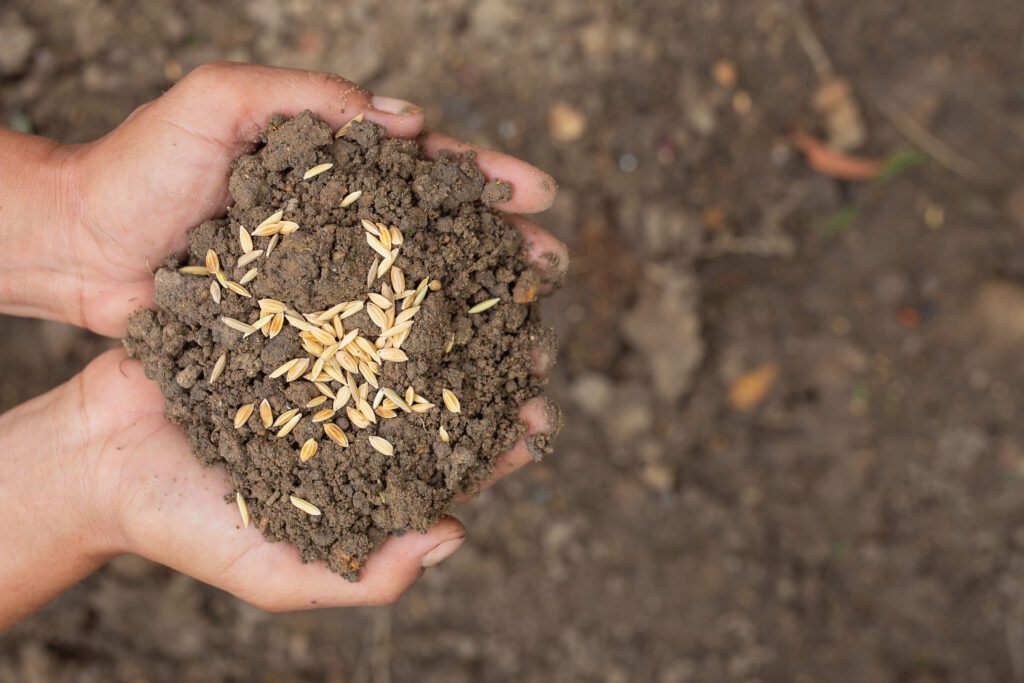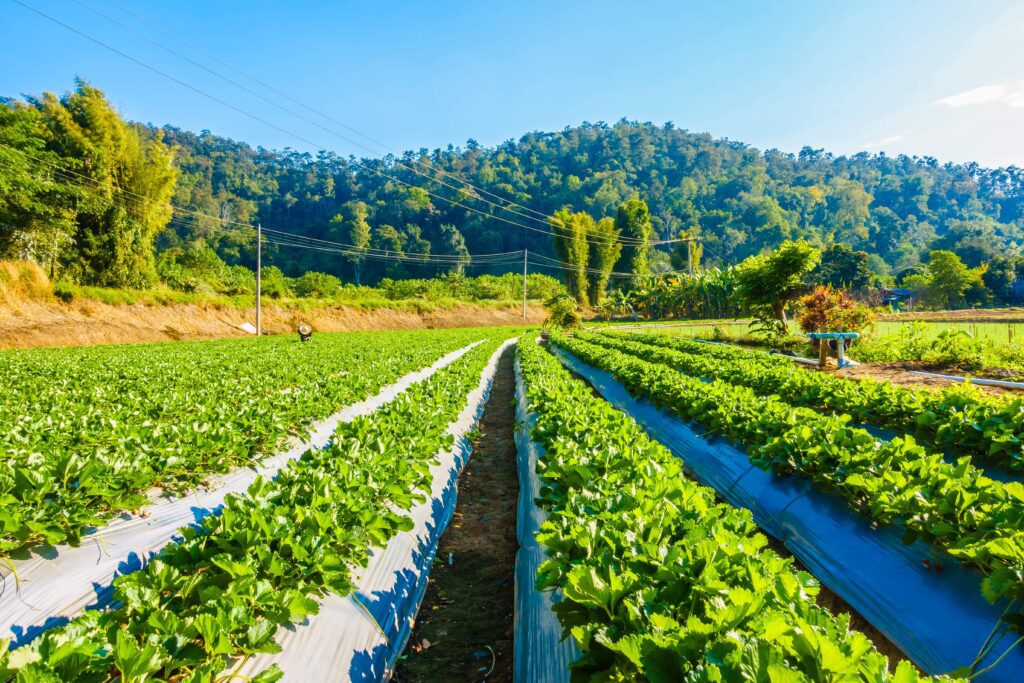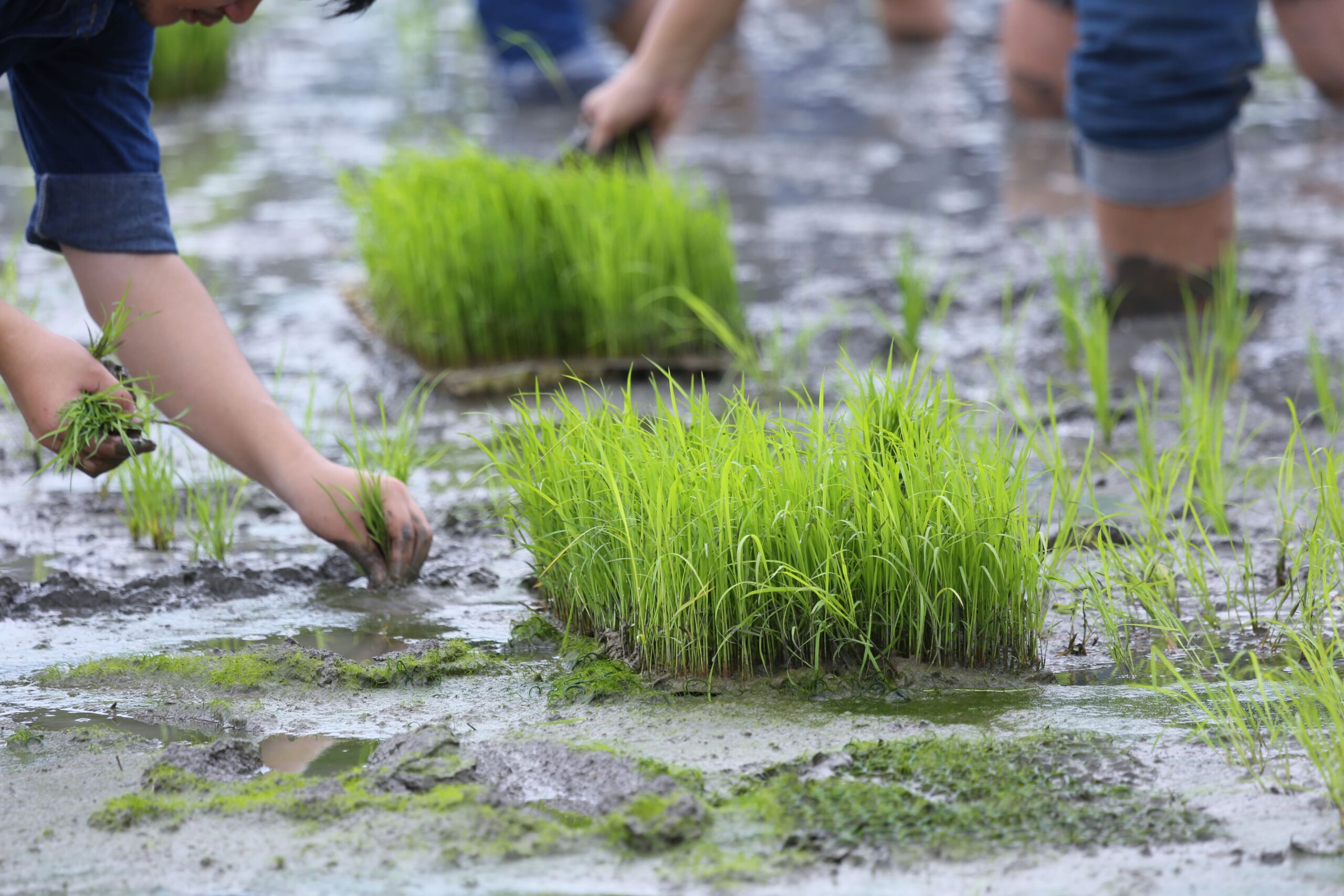Farming is an age-old practice that has sustained human civilization for centuries. Whether you’re a seasoned farmer or just starting out, the key to success lies in understanding the fundamentals and implementing effective strategies. In this blog post, we’ll break down some essential tips for successful farming in easy-to-understand language.
Choose the Right Crop or Livestock:
The first step in successful farming is selecting the right crop or livestock for your land and climate. Consider factors such as soil type, water availability, and local climate patterns. Opt for crops or animals that thrive in your area to maximize your chances of success.

Prepare the Soil:
Good soil is the foundation of a successful farm. Before planting, ensure that your soil is well-prepared by testing its pH levels and nutrient content. Use organic fertilizers and compost to enrich the soil and improve its structure. Proper soil preparation sets the stage for healthy plant growth and high yields.

Practice Crop Rotation:
Crop rotation is a simple yet effective technique that can help maintain soil fertility and prevent pest and disease buildup. Rotate your crops each season to avoid depleting the soil of specific nutrients and to break the lifecycle of pests and diseases. This practice also helps improve soil structure and reduce erosion.

Implement Irrigation Systems:
Adequate water supply is essential for plant growth and productivity. Depending on your farm size and water availability, choose appropriate irrigation systems such as drip irrigation, sprinklers, or flood irrigation. Efficient water management not only ensures optimal crop growth but also conserves water resources.

Monitor Pests and Diseases:
Keep a close eye on your crops for signs of pests and diseases. Early detection is key to preventing widespread infestations and minimizing crop damage. Implement integrated pest management (IPM) strategies, which combine biological, cultural, and chemical methods to control pests while minimizing environmental impact. more
Utilize Technology:
Embrace modern technology to streamline farm operations and improve efficiency. Invest in farm management software, drones, and precision agriculture tools to monitor crop health, optimize resource usage, and make data-driven decisions. Technology can help you save time, reduce costs, and maximize yields.
Maintain Equipment Regularly:
Farm equipment is a significant investment, so it’s essential to keep it in good working condition. Schedule regular maintenance checks and repairs to ensure that your machinery operates smoothly and efficiently. Proper maintenance not only extends the lifespan of your equipment but also reduces the risk of breakdowns during critical times.
Stay Informed and Educated:
Farming is a dynamic field with constantly evolving practices and technologies. Stay informed about the latest trends, research findings, and government regulations related to agriculture. Attend workshops, seminars, and agricultural extension programs to expand your knowledge and stay ahead of the curve.
Build Strong Relationships:
Cultivate strong relationships with fellow farmers, suppliers, buyers, and agricultural experts. Networking can provide valuable support, advice, and resources to help you overcome challenges and seize opportunities. Collaborate with others to share knowledge, resources, and best practices for mutual benefit.
Be Resilient and Adaptive:
Farming is inherently unpredictable, with factors like weather, market prices, and global events influencing outcomes. Develop resilience and adaptability to navigate unforeseen challenges and capitalize on emerging opportunities. Maintain a positive attitude, learn from setbacks, and be willing to adjust your plans as needed.
Farm equipment is a significant investment, so it’s essential to keep it in good working condition. Schedule regular maintenance checks and repairs to ensure that your machinery operates smoothly and efficiently. Proper maintenance not only extends the lifespan of your equipment but also reduces the risk of breakdowns during critical times.
Farm equipment is a significant investment, so it’s essential to keep it in good working condition. Schedule regular maintenance checks and repairs to ensure that your machinery operates smoothly and efficiently. Proper maintenance not only extends the lifespan of your equipment but also reduces the risk of breakdowns during critical times.
conclusion, successful farming is achievable with careful planning, diligent execution, and a willingness to adapt to changing circumstances. By following these simple tips and continuously learning and improving, you can cultivate a thriving and sustainable farm that provides for your livelihood and contributes to the well-being of your community. Happy farming!







